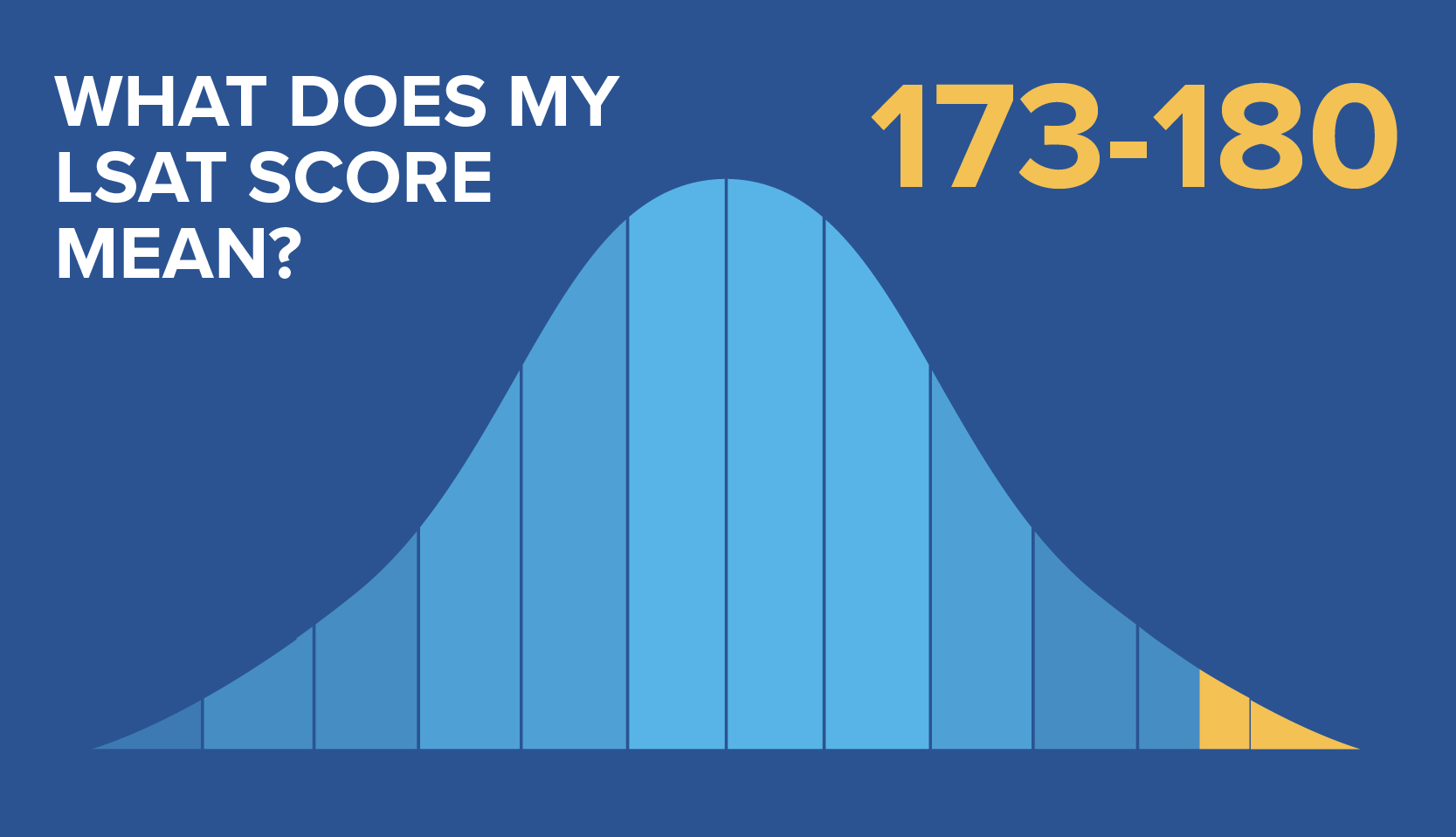
Yuko Sin is an instructor and blogger for Blueprint LSAT Prep. He is starting at Columbia Law School this fall, and will be writing a series of law school-related posts about his experiences. Here’s part one and part two.
After sending out applications to 15 law schools, I would like to share with you what I’ve learned about law school admissions.
But first, a disclaimer:
First, I’m extremely happy with and feel fortunate about my admissions outcomes. Second, these are just my own takeaways; your experiences or opinions might vary.
Lesson #1: You can get waitlisted/rejected even with great numbers.
A law school will accept your application only if they think that there’s a good chance that you’ll actually end up attending. Even if you have great numbers, you may get waitlisted or rejected because a school doesn’t want to tie up its resources on an applicant they doubt will actually end up going to their school. This is especially true for smaller law schools.
Lesson #2: Send out “Why X” essays to at least some schools.
You can send off your generic personal statement to most schools, and you’ll do just fine. However, many schools require some special treatment.
For example, to make a small school feel better about accepting you, send them an essay expressing your interest in that particular school. These are often referred to as “Why X” essays. Many schools will accept a separate “Why X” essay in addition to your personal statement. Other schools will offer you an interview during which you can express your interest. You might also be able to work in a few paragraphs with a “Why X” theme into your personal statement.
Either way, do your best to express a genuine interest. If a law school is going to reject or waitlist you, it should be because of your numbers.
To get a good sense for which schools might require a bit of extra effort, go check out the graphs at LawSchoolNumbers.com. Just look for the schools where there are a lot of yellow dots (waitlists) and green dots (acceptances) mixed in together.
Lesson #3: Take a shot at a “Diversity Statement,” but don’t expect much unless you’re a URM.
There are a lot of law school applicants out there with interesting backgrounds. However, if you’re not a member of an underrepresented minority group (URM), you will probably not get a boost in your admissions chances.
But, if you have an interesting background, you should still take a stab at a “Diversity Statement” (DS). A DS is just one or two pages long, and you can send the same one to all of your schools.
I submitted a DS based mainly on my experiences as a US immigrant. My family and I came to the US as refugees after the Bosnian Civil War. I didn’t outperform my numbers as far as acceptances are concerned, however I did get very strong scholarship offers. My DS might have had something to do with it, but I don’t really know.
Lesson #4: A strong undergraduate school won’t make much of a difference.
I graduated from McGill University with first-class honors and a 3.7 GPA. Law school applicants from McGill have a median LSAT score of 160 (80th percentile) and a median GPA of 3.2, though these numbers might change slightly from year to year. McGill has a reputation for not engaging in grade inflation, and the above numbers seem to support that.
I did not get any boost in law school acceptances. But, again, I did get unusually strong scholarship offers.
This of course doesn’t mean you should avoid schools like McGill, but the good news is that you shouldn’t feel insecure about attending a “weaker” undergrad.
Lesson #5: Get help with your personal statement.
Even if your college professors thought you were a great writer, you will need help on your personal statement (PS). A PS should be a personal story in which you are the main character. The reader should be able to infer a handful of positive personal characteristics from your story without you expressly mentioning any of these.
Since most of us aren’t used to writing stories, it’s important to go into your PS writing process with an open mind. At a minimum, you should pull one of your more honest friends aside and have them tell you what works and what doesn’t.
Lesson #6: Scholarship negotiation works.
Some schools, like Michigan, will tell you that they won’t negotiate scholarship offers, but you can negotiate with almost all of your other law schools.
You can simply email a school the offers you’ve received from one or more of its peers. Some law schools will even prompt you to do so. However, you will do better if you can honestly tell a school that all they need to do is match a scholarship offer, and you will accept it.
I hope that was helpful. If you have any particular questions or concerns you can leave a comment. I’ll check back in periodically to try and respond.




